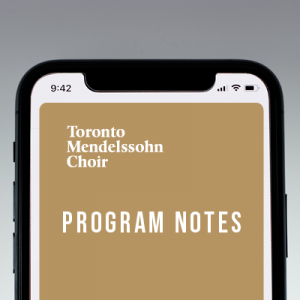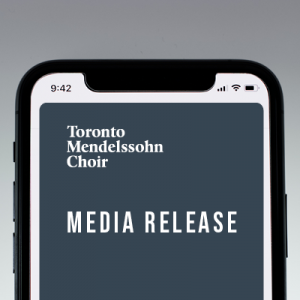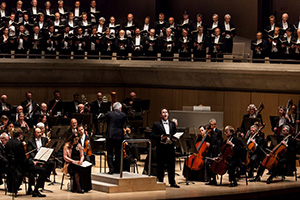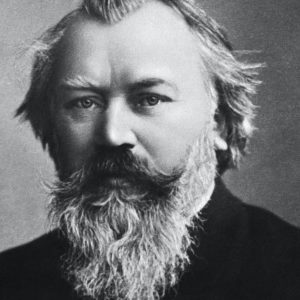TMC Artistic Director and Conductor Noel Edison has long loved the music of the German Romantics, believing that the heart is reached through the mind. He says, “Granted that some of this music was meant for the parlour rather than the concert hall, but it is all very melodic, well-constructed and was never denigrated by performance circumstances or location.” He believes that this rich, German Romantic choral repertoire should be performed by more of today’s choral ensembles.
Tag: Brahms
TMC announces 2015/16 season
The TMC’s 2015/16 season will build on the success of the 2014/15 season and create great musical experiences for audiences– from the drama of the story of creation captured in music by Haydn, to the romance of choral lieder by Brahms and Schubert, and the contemplative space created in the works of contemporary composers.
Concert Review: TSO speaks a little too softly with Brahms’s A German Requiem
Arthur Kaptainis, National Post Softness reigned at the start, of course, as the violas and cellos traced their lines with the audio equivalent of a dotted line and the Toronto Mendelssohn Choir whispered “Selig sind” with the utmost intimacy. There were sturdy fugues and stirring outbursts to come, but the 145 choristers as prepared by...
TSO, Mendelssohn choir and soloists give Brahms his due
Robert Harris, The Globe and Mail And fittingly, Toronto’s Mendelssohn Choir, fresh off a performance of the Missa Solemnis just a week ago, provided the backbone of the TSO performance of the German Requiem. The chorus is part of the Requiem for almost its entire 70-minute length, and with the preparation of Noel Edison and...
Toronto Symphony Orchestra fails to transcend minutiae in Brahms German Requiem
The Toronto Mendelssohn Choir, out in full force, sang with its characteristic mix of subtlety, power and precision. The Toronto Symphony players (with woodwinds and brass on risers, all bizarrely crammed into one corner of the stage with the piano, organ console and harp) were in great form.
A Night of Brahms Program Notes
This all-Brahms programme deals with the theme of fate or destiny, a theme that fascinated Brahms through most of his career, ranging from desolation and isolation to resignation and acceptance. The German Requiem is the most consoling and optimistic. The Alto Rhapsody portrays a disgruntled social outcast, but resolves into a sublime prayer. In Nänie (Song of Lamentation), the gods calmly lament the passing of life and beauty. But in Gesang der Parzen (Song of the Fates), there is no way out – no resolution, no prayer – probably the most desolate piece Brahms ever composed.
- 1
- 2





